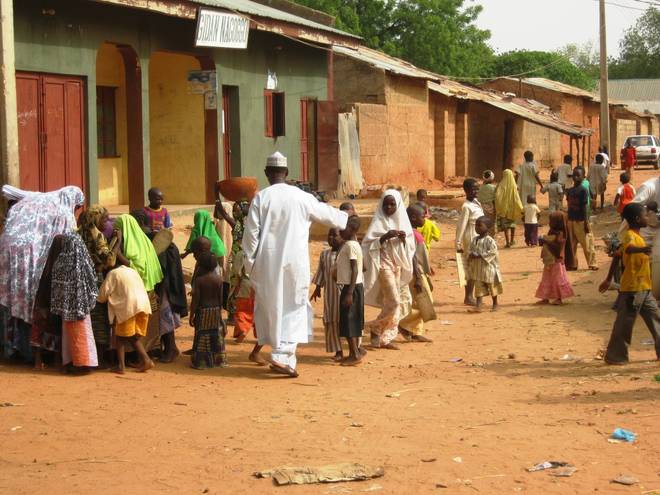Boko Haram stops 160,000 children from getting vaccines
Continued presence of Boko Haram in Borno state is stopping an estimated 160,000 children in areas under its control from getting access to vaccines. Experts reviewing Nigeria’s progress to eradicate wild polio virus say persistence of the terrorist group is hampering the country’s effort to end transmission of the virus. At the 35th meeting of […]


Continued presence of Boko Haram in Borno state is stopping an estimated 160,000 children in areas under its control from getting access to vaccines.
Experts reviewing Nigeria’s progress to eradicate wild polio virus say persistence of the terrorist group is hampering the country’s effort to end transmission of the virus.
At the 35th meeting of the Expert Review Committee on polio, the committee recommended that the government must do all possible to end Boko Haram occupation of parts of Borno, calling it the biggest current impediment to ending polio.
“The only solution is to get rid of Boko Haram and get access to children,” said Professor Oyewale Tomori, who has chaired the committee since 2004.
Divisive strategy
Ending Boko Haram has been divisive and political.
The Buhari administration’s request for $1 billion loan to ramp up fight against the terrorist group caused intense controversy and division along party lines.
“Let’s get the politics out of it. Let’s solve the problem and in another six months, this country will be free of polio if we can get the access, and whatever the government needs to get it done,” said Tomori.
“Forget politics. If the PDP were in government, they would ask for the same thing. Forget whatever political party you belong to, and let’s get this thing out of country.”
Inaccessible
Majority of the estimated 160,000 children denied access to immunisation are in pockets of Abadam, Marte, Bama, Damboa, Ngala, Maigumeri rendered inaccessible by Boko Haram, according to National Primary Health Care Development Agency, which coordinated primary health care.
“Unless we are able to reach these kids, then we cannot guarantee that polio transmission is not occurring in Nigeria,” said executive director of the agency, Faisal Shuaib.
“Success is access,” said Shuaib. “The only reason Nigeria is still categorised as a polio-endemic country is because we don’t have access in some [local government areas] of Borno.
“Unless and until we have access to these LGAs and other smaller wards, then it is difficult for us to say polio has been eradicated.”
The group’s attacks on communities, facilities and health workers threaten access for children, their families and health workers.
Nigeria’s progress toward eradication was reset in 2016, when the wild polio virus emerged among children in communities freshly liberated from Boko Haram hold, ending two years of zero case of polio.
Since then, and with fresh N9.8 billion funding, no new case has been reported in the last 18 months. But the lack of access to all children in Borno means “we are unable to say we have interrupted polio transmission,” said Shuaib.
If vaccinators get access to children and there is no report of polio in the next 18 months, Nigeria would have eradicated the virus—the last in Africa to do so.
